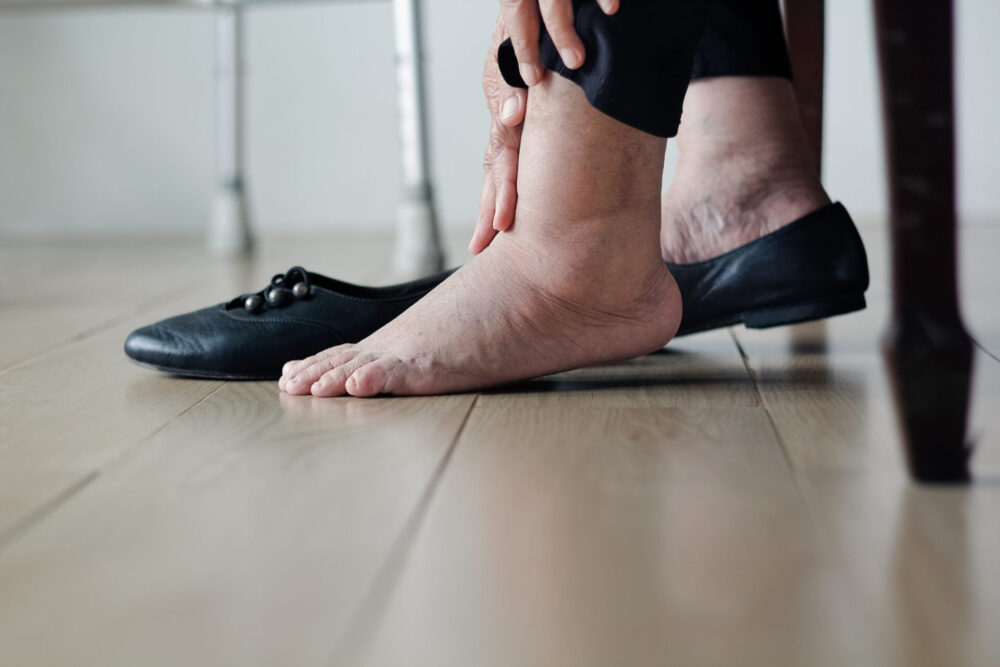Your cardiovascular health is vital for your overall health and wellbeing. So, it’s important to monitor it regularly by having heart check-ups.
But, how do you know when you need to get one? And what are the key signs you need to look out for?
Discover more about managing your heart health, including the benefits heart check-ups can provide, in our informative blog post.
Types of tests at a heart check-up
We perform many types of tests during a heart check-up, with each playing an essential role in assessing your heart health.
Some of the most common tests include:
- Electrocardiogram (ECG) – records your heart’s rhythm, rate and electrical activity to detect conditions like angina, heart disease and arrhythmia (irregular heartbeat)
- Echocardiogram – a non-invasive test that uses ultrasound waves to create images of your heart to assess its function and structure
- Coronary angiogram – a scan that assesses the arteries of your heart and checks for a build-up of materials like fat and cholesterol by injecting a contrast dye into your arteries
- Cardiac magnetic resonance imaging (MRI) scan – a non-invasive scan that creates detailed images of your heart to check its function, dimensions and structure
- 24-hour blood pressure monitor – you’ll wear a blood pressure monitor for 24 hours. It takes readings every 30 minutes
We’ll discuss the right tests for you beforehand, giving you confidence that your heart check-up meets your exact needs.
Heart check benefits
There are many benefits to having regular heart check-ups, the biggest one being that they can minimise your risk of potentially life-threatening conditions and extend your life.
Some other benefits of heart checks can include:
- Early detection – heart check-ups can detect heart conditions sooner rather than later, meaning you can receive the treatment you need to safeguard your cardiovascular health
- Risk factor monitoring – if you have risk factors for different heart conditions, a check-up can ensure that you’re doing everything you can to minimise them turning into a problem
- Peace of mind – with regular heart check-ups, you can relax your nerves, giving you the confidence to live your life to the fullest while knowing you’re protecting your heart
- Effective treatment – many heart conditions respond better to treatment when they’re in their early stages, which means treatment can be more effective
When should I get my heart checked?
There’s no rule as to when you should get your heart checked, but if you have certain risk factors, it might be better to get it checked earlier rather than later.
Risk factors that can indicate you need a heart check are:
- High blood pressure
- High cholesterol levels
- Being pre-diabetic or having diabetes
- Being overweight or obese
- Being a smoker
- Drinking alcohol regularly
- Having previous complications during pregnancy like high blood pressure or gestational diabetes
- A family history of heart conditions
However, even if you don’t have any of these risk factors, you can still benefit from having a heart check-up.
Signs you should get your heart checked
Now you know why you should get your heart checked, let’s discuss some of the signs that indicate when you need to get your heart checked.
Chest pain
Chest pain is one of the most common signs that something may be wrong. If you experience tightness, pressure or chest pain, seeing a cardiologist is vital. If chest pain comes on suddenly, it’s always best to seek emergency medical care.
While chest pain isn’t always a heart attack, you must have it checked with a thorough heart check-up as soon as possible.
Breathlessness, dizziness
Feeling dizzy or unable to catch your breath can suggest you have heart problems. It’s usual to feel dizzy or breathless when you exert yourself in activities like exercise. But if it occurs when at rest or interferes with your everyday life, the underlying cause may be cardiovascular.
Heart palpitations
Feeling as though your heart is pounding in your chest or beating irregularly could be a sign of heart palpitations. Numerous factors can cause it, including anxiety and drinking too much caffeine. However, it can also indicate a heart condition like arrhythmia.
Swelling in your feet or legs
A heart that can’t work properly can affect your legs and feet. The reason is slower blood flow to your legs, ankles and feet, leading to fluid build-up.
If you notice swelling in your lower body, a heart check-up might rule out or confirm cardiovascular factors as the cause.
High blood pressure
Elevated blood pressure increases your risk of heart disease and stroke. However, we can treat it effectively after diagnosing it through heart check-ups.
Congenital heart disease
Heart check-ups can still be important if you were born with a heart condition for which you no longer need treatment.
Gum disease
Your gums can provide a hint into your heart health. People with gum disease may also be more likely to develop cardiovascular conditions.
Your medical history
If you have had cancer in the past, it may have affected your heart health. However, with a heart check-up, you can be certain that your cardiovascular health remains in shape.
You’ve gone through menopause
A woman’s risk of heart disease increases after menopause due to having a reduced oestrogen level in the body. Low oestrogen levels can lead to narrowing arteries, making it easier for fat and cholesterol to build up.
Book your heart check-up with Expert Cardiologist
Knowing the signs that you should book a heart check-up is crucial. The sooner we can detect potential heart conditions, the more effective treatment can be — and sometimes, even be lifesaving.
Heart check-ups are one of the most proactive steps you can take for your cardiovascular health. While many heart conditions do not cause significant symptoms until they become severe, by having regular checks, you can make sure your heart health is suitably protected.
Book your personalised heart check-up with Expert Cardiologist today.
Request A Call Back
Please fill in the contact form and we will call you back at a time most convenient for you.
RECENT POSTS




